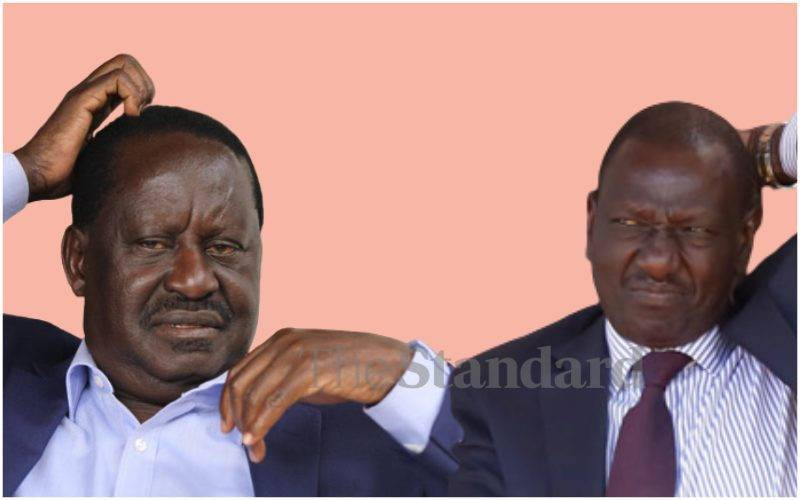×
The Standard e-Paper
Kenya’s Boldest Voice

While our attention is fixed on demonstrations, a secession narrative that could potentially complicate national healing and reconciliation is back in the air. About two decades ago, the government and people in the Coast battled a secession narrative that was gaining ground under the rallying slogan of 'Mombasa sio Kenya'.